Kloryl G Cream
MRP ₹13.83
(Inclusive of all Taxes)
₹2.1 Cashback (15%)
Provide Delivery Location
Online payment accepted
 Prescription drug
Prescription drugWhats That
Composition :
Manufacturer/Marketer :
Consume Type :
Return Policy :
About Kloryl G Cream
Kloryl G Cream is a combination medication primarily used to treat skin infections caused by bacteria. Bacterial skin infection occurs when bacteria enter the body through broken skin.
Kloryl G Cream contains Gentamicin and Clobetasol. Gentamicin works by preventing the synthesis of essential proteins required for the survival of the bacteria. Clobetasol works by inhibiting the release of chemical messengers that cause inflammation and redness. Together, Kloryl G Cream helps in treating skin infections.
In some cases, Kloryl G Cream may cause side-effects such as skin peeling, dryness, burning sensation, irritation, stinging sensation, itching and redness at the site of application. Most of these side-effects do not require medical attention and will resolve gradually over time. However, you are advised to talk to your doctor if you experience these side-effects persistently.
Consult your doctor before using Kloryl G Cream if you are pregnant or breastfeeding. Do not use Kloryl G Cream in more than prescribed doses, or on a large area of skin for a longer duration as it may cause adverse effects. Do not wrap or cover the treated area with a bandage unless advised by your doctor. Do not apply Kloryl G Cream on children’s skin unless prescribed by the doctor.
Uses of Kloryl G Cream
Directions for Use
Key Benefits
Kloryl G Cream is a combination of two medicines, namely: Gentamicin and Clobetasol. Gentamicin is an antibiotic, whereas clobetasol is a corticosteroid. Kloryl G Cream is primarily used to treat skin infections caused by bacteria. Gentamicin works by preventing the synthesis of essential proteins required for the survival of the bacteria. Clobetasol works by inhibiting the release of chemical messengers that cause inflammation and redness. Together, Kloryl G Cream helps in treating skin infections.
Storage
- Avoid extreme heat or cold, like hot showers or cold winds, to prevent worsening skin discomfort.
- Cool compresses: To reduce itch, redness, and swelling.
- Avoid irritants like harsh chemicals or allergens to prevent worsening skin discomfort.
- If you have severe itching, burning, or blistering seek medical attention.
- Mild hair follicle inflammation often heals on its own without needing treatment.
- You can apply a warm saltwater or vinegar solution to the affected area with a washcloth, or use over-the-counter antibiotics, oatmeal lotion, or hydrocortisone cream for relief.
- Avoid making the affected area worse by not shaving, scratching, or wearing tight clothes.
- Apply a warm compress to the area 3-4 times a day for 15-20 minutes to help speed up healing.
- Do not scratch, squeeze, or pop any bumps, as this may lead to infection or other problems.
- If self-care methods fail, consult a doctor for further treatment and advice.
- Shield your skin from the sun by using sunscreen, seeking shade, and wearing protective clothing.
- Please don't smoke, as it damages the skin and reduces blood flow.
- Treat your skin gently by limiting bath time, using mild cleansers, and shaving carefully.
- Eat a healthy diet of fruits, vegetables, whole grains, and lean proteins.
- Stay hydrated by drinking plenty of water.
- Manage stress through sleep, exercise, meditation, and enjoyable activities.
- Additionally, use moisturizers to coat your skin with a protective barrier, and consider wearing sun-protective clothing.
- Apply moisturizer immediately after showering or bathing.
- Use a moisturizer containing lanolin, petroleum jelly, glycerine, hyaluronic acid or jojoba oil.
- Do not use hot water for bathing. Instead use warm water and limit showers and bath to 5 to 10 minutes.
- Apply a sunscreen with SPF-30 or higher.
- Avoid harsh soaps, detergents and perfumes.
- Do not scratch or rub the skin.
- Drink adequate water to prevent dehydration.
- Wear pants, full sleeves and a wide-brimmed hat while going out in the sun.
- Hydrate your body: Drink enough water to prevent dehydration and headaches.
- Calm Your Mind: Deep breathing and meditation can help you relax and relieve stress.
- Rest and Recharge: Sleep for 7-8 hours to reduce headache triggers.
- Take rest: lie down in a quiet, dark environment.
- Cold or warm compresses can help reduce tension.
- Stay Upright: Maintain good posture to keep symptoms from getting worse.
- To treat headaches naturally, try acupuncture or massage therapy.
- Over-the-counter pain relievers include acetaminophen and ibuprofen.
- Prescription Assistance: Speak with your doctor about more substantial drug alternatives.
- Severe Headaches: Seek emergency medical assistance for sudden, severe headaches.
- Frequent Headaches: If you get reoccurring headaches, consult your doctor.
- Headaches with Symptoms: Seek medical attention if your headaches include fever, disorientation, or weakness.
Drug Warnings
Do not use Kloryl G Cream if you had a skin reaction or irritation to any steroid medicine. Consult your doctor before using Kloryl G Cream if you are pregnant or breastfeeding. Do not use Kloryl G Cream in more than prescribed doses, or on a large area of skin for a longer duration as it may cause adverse effects. Do not wrap or cover the treated area with a bandage unless advised by your doctor. Do not apply Kloryl G Cream on children’s skin unless prescribed by the doctor. Consult your doctor if your condition does not improve despite using Kloryl G Cream for 2-4weeks. Inform your doctor if you have diabetes or hyperadrenocorticism (high levels of cortisol).
Drug-Drug Interactions
Drug-Drug Interactions
Login/Sign Up
Drug-Food Interactions
Drug-Food Interactions
Login/Sign Up
Diet & Lifestyle Advise
- Eat foods rich in quercetin (a flavonoid) such as apples, cherries, broccoli, spinach and blueberries.
- Consuming food rich in probiotics helps develop the immune system against allergies.
- Limit intake of food that might trigger allergies, such as dairy products, soy, eggs and nuts.
- Avoid consumption of foods with excess sugar as it may flare up inflammation.
- Include fruits, vegetables, whole grains, healthy fats and fish in your diet.
- Reducing stress and maintaining a good sleep cycle would be helpful.
- Avoid getting in contact with harsh soaps, detergents and rough fabrics.
Side Effects of Kloryl G Cream
- Skin peeling
- Dryness
- Burning sensation
- Irritation
- Stinging sensation
- Itching
- Redness at the site of application
- Thinning of skin
Habit Forming
Therapeutic Class
All Substitutes & Brand Comparisons
RX
Out of StockClobidERm G Cream 30 gm
Levin Life Sciences Pvt Ltd
₹29.5
(₹0.89/ 1gm)
28% CHEAPERRX
Out of StockBactiderm G Cream
Prayas Pharmaceuticals
₹31.77
(₹0.95/ 1gm)
24% CHEAPERRX
Globetral-G Cream 20 gm
Kaizen Research Labs India Pvt Ltd
₹23
(₹1.04/ 1gm)
16% CHEAPER
Author Details
We provide you with authentic, trustworthy and relevant information
Drug-Diseases Interactions
Drug-Diseases Interactions
Login/Sign Up
FAQs
Special Advise
- Clean and dry the affected area before using Kloryl G Cream.
- Do not use Kloryl G Cream on dressing, band-aids and make-up unless told by the doctor.
- If Kloryl G Cream comes in contact with eyes, nose or mouth, rinse with water immediately.
- Wash your hands before and after using Kloryl G Cream, however, do not wash your hands if you are applying Kloryl G Cream on your hands.
Disease/Condition Glossary
Bacterial skin infections: Bacterial skin infection occurs when bacteria enter the body through broken skin. Bacterial infections include cellulitis, impetigo, leprosy and boils. Cellulitis is an infection of the subcutaneous skin tissue and dermis. Impetigo appears as red sores on the face. Leprosy causes skin lesions. Boils is a skin infection which starts in an oil gland or hair follicle. Bacterial skin infections are generally mild and can be treated using topical antibiotics. Few infections need treatment using an oral antibiotic. Symptoms include rashes, blisters, cracked/dry skin, itching, redness, swelling, stinging or burning sensation.

Have a query?
Alcohol
Safe if prescribed
It is not known whether Kloryl G Cream interacts with alcohol. Please consult your doctor.
Pregnancy
Consult your doctor
Consult your doctor if you are pregnant; your doctor will prescribe only if the benefits outweigh the risks.
Breast Feeding
Consult your doctor
Do not apply Kloryl G Cream on the chest if you are breastfeeding. Please consult your doctor if you have any concerns regarding this, your doctor will decide whether Kloryl G Cream can be used by breastfeeding mothers or not.
Driving
Safe if prescribed
Kloryl G Cream has no or negligible influence on the ability to drive or use machines.
Liver
Consult your doctor
Please consult your doctor if you have any concerns regarding the usage of Kloryl G Cream in patients with liver impairment.
Kidney
Consult your doctor
Please consult your doctor if you have any concerns regarding the usage of Kloryl G Cream in patients with kidney impairment.
Children
Safe if prescribed
Kloryl G Cream should be used with caution in children, only when prescribed by a child specialist.





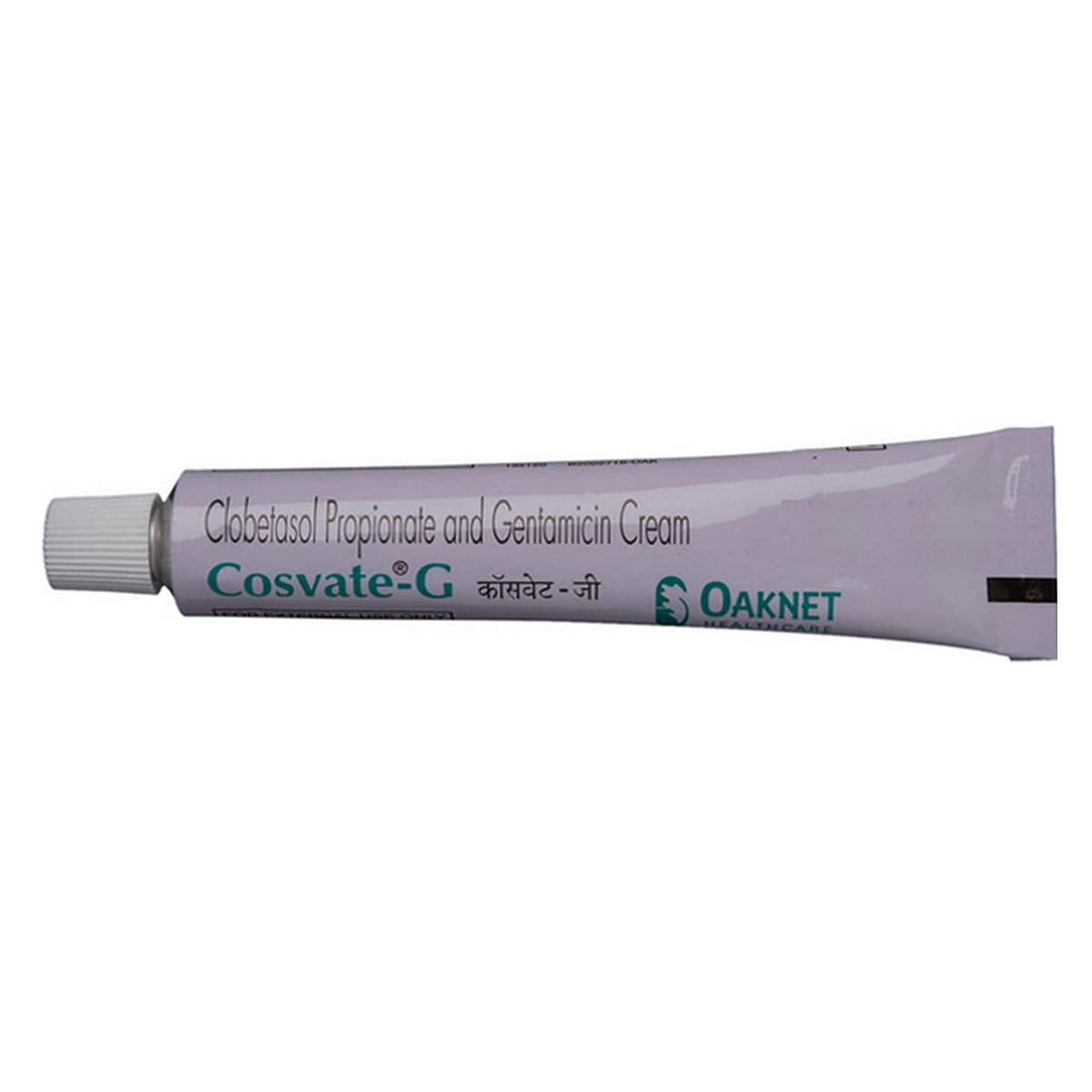
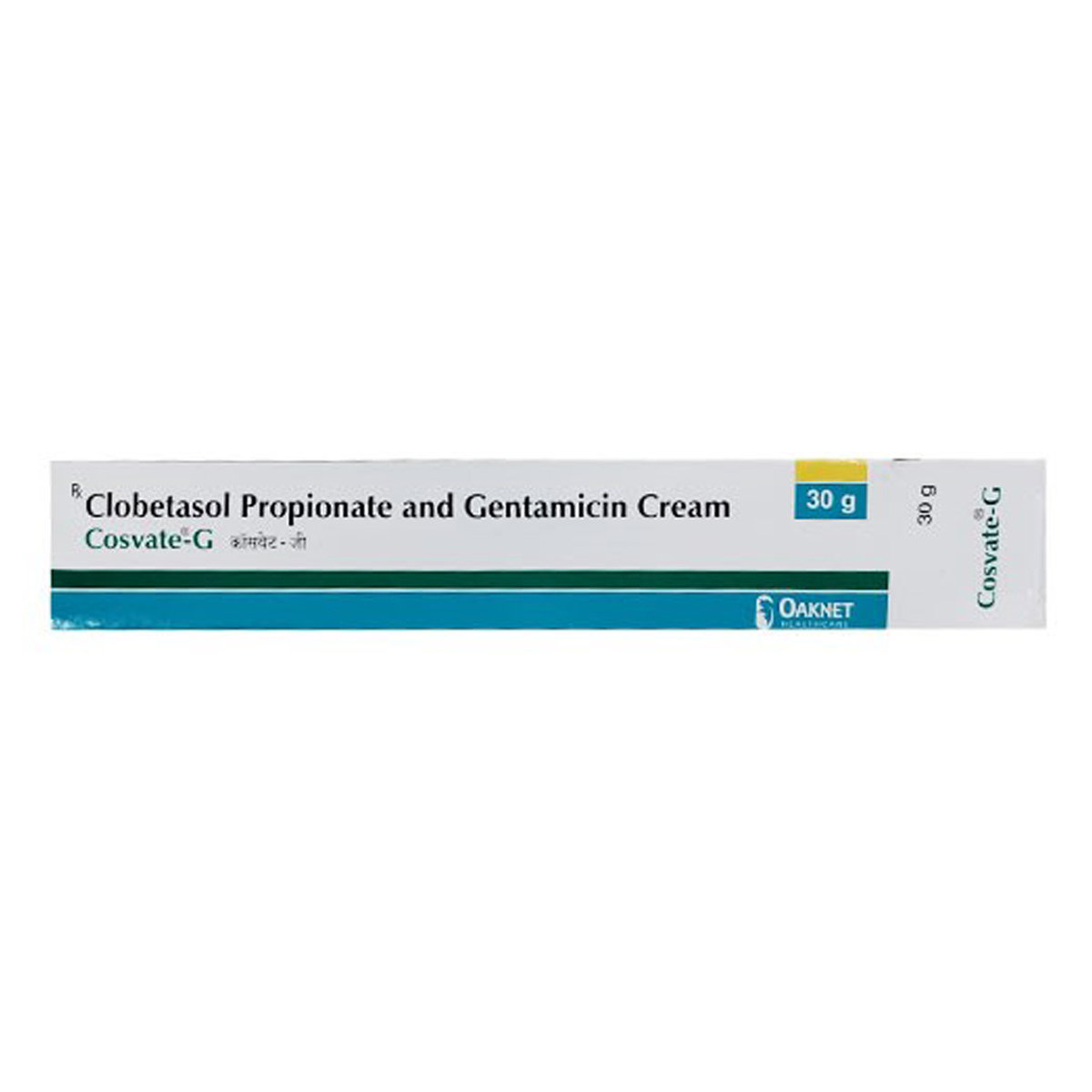
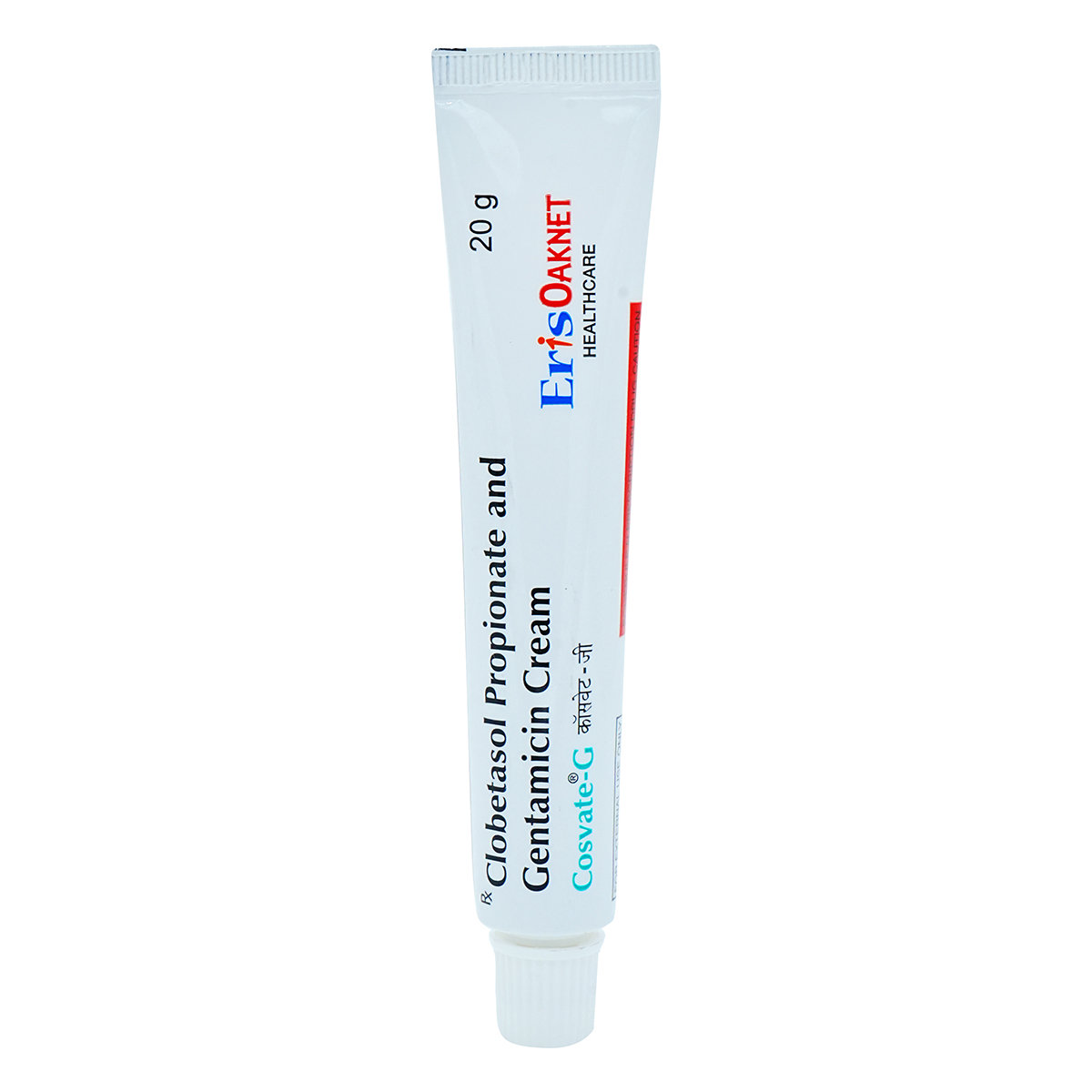


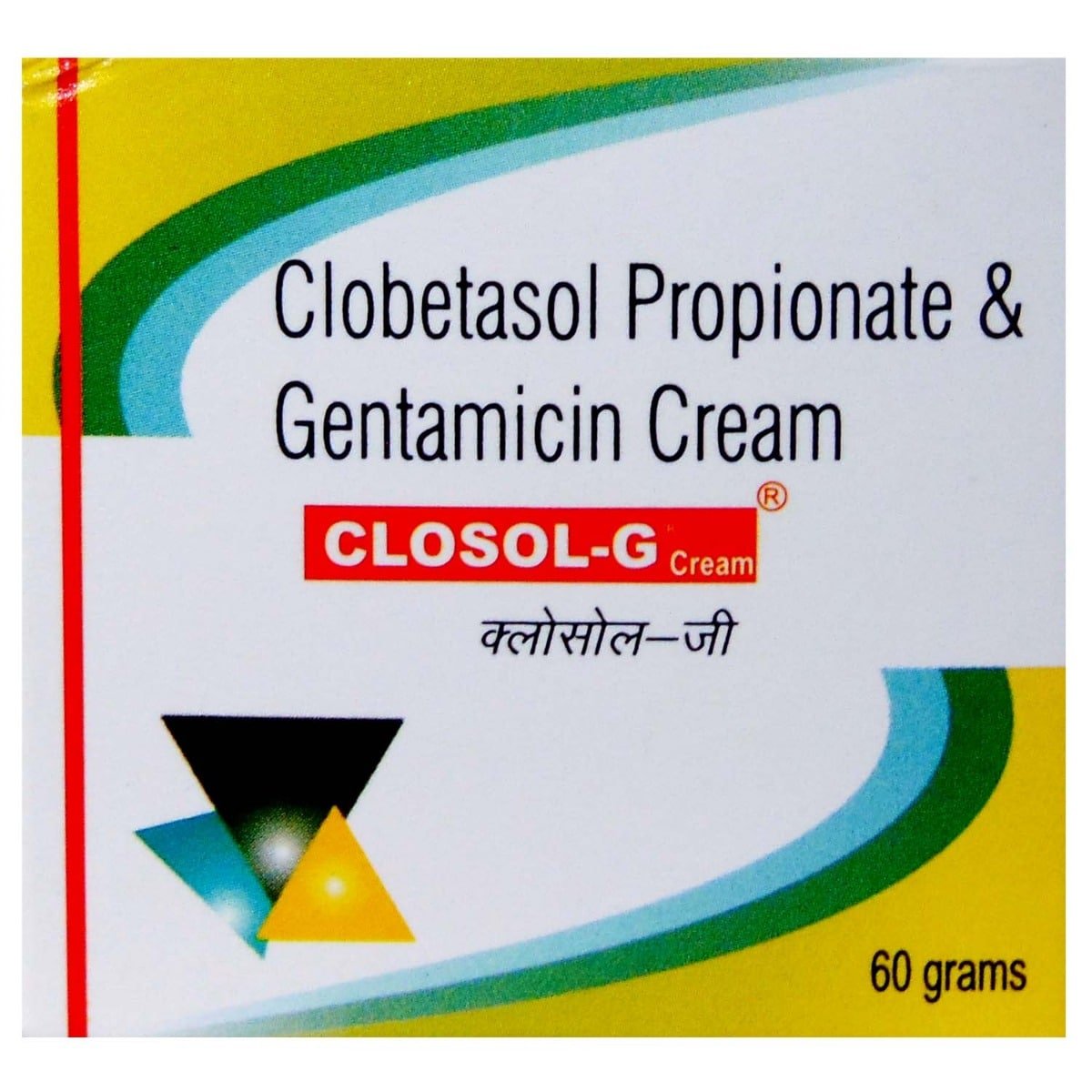
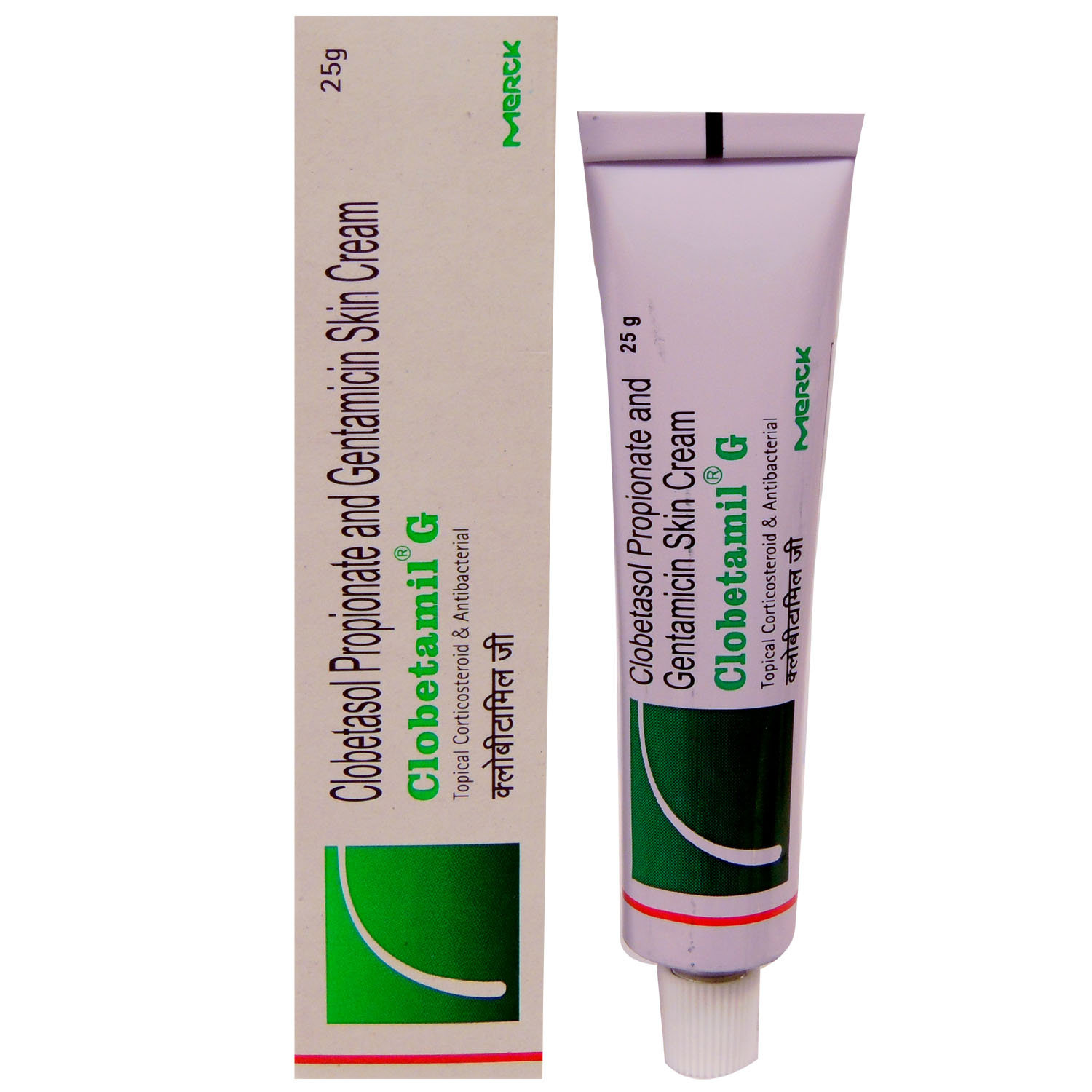


_0.jpg?tr=q-85)

